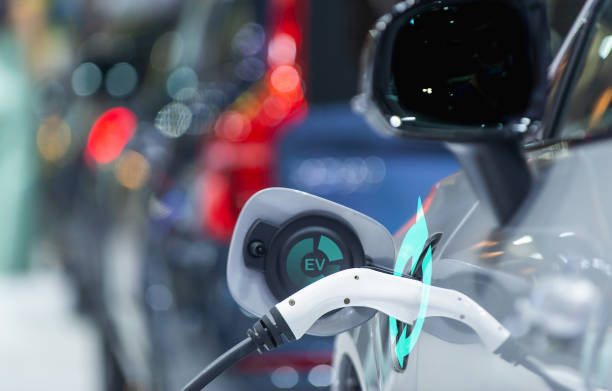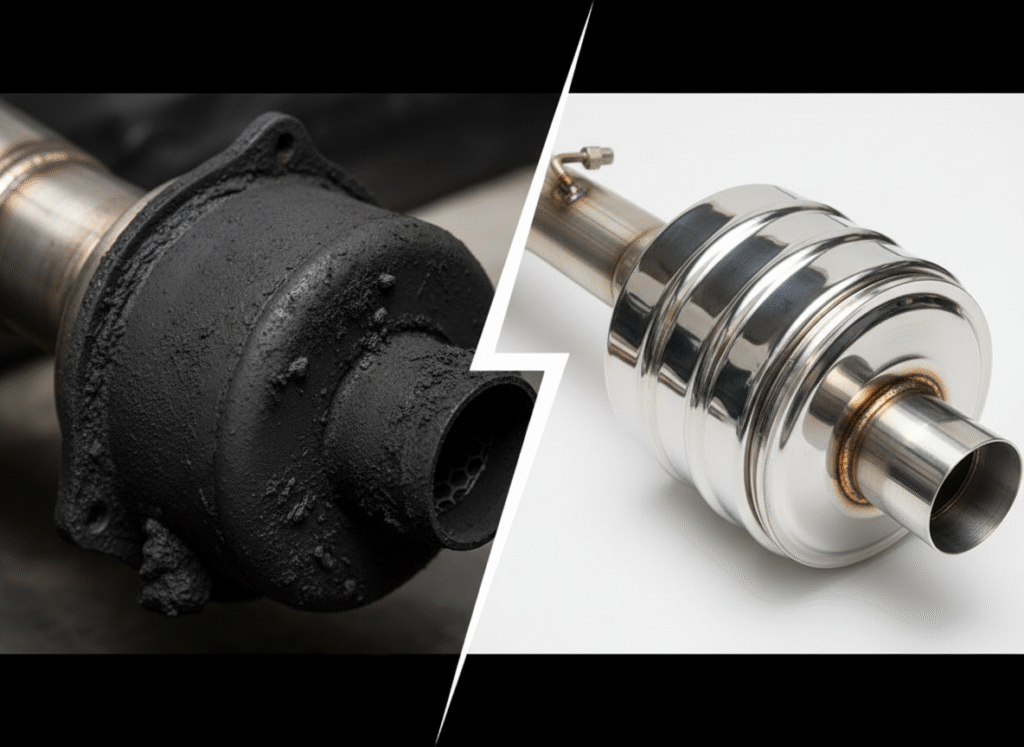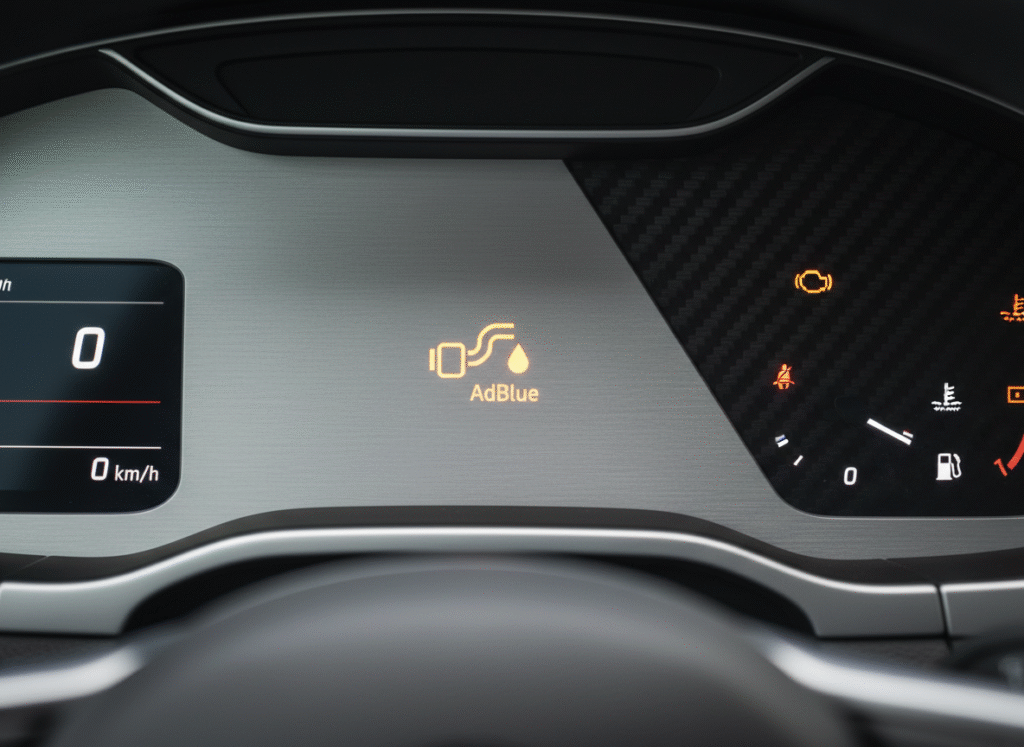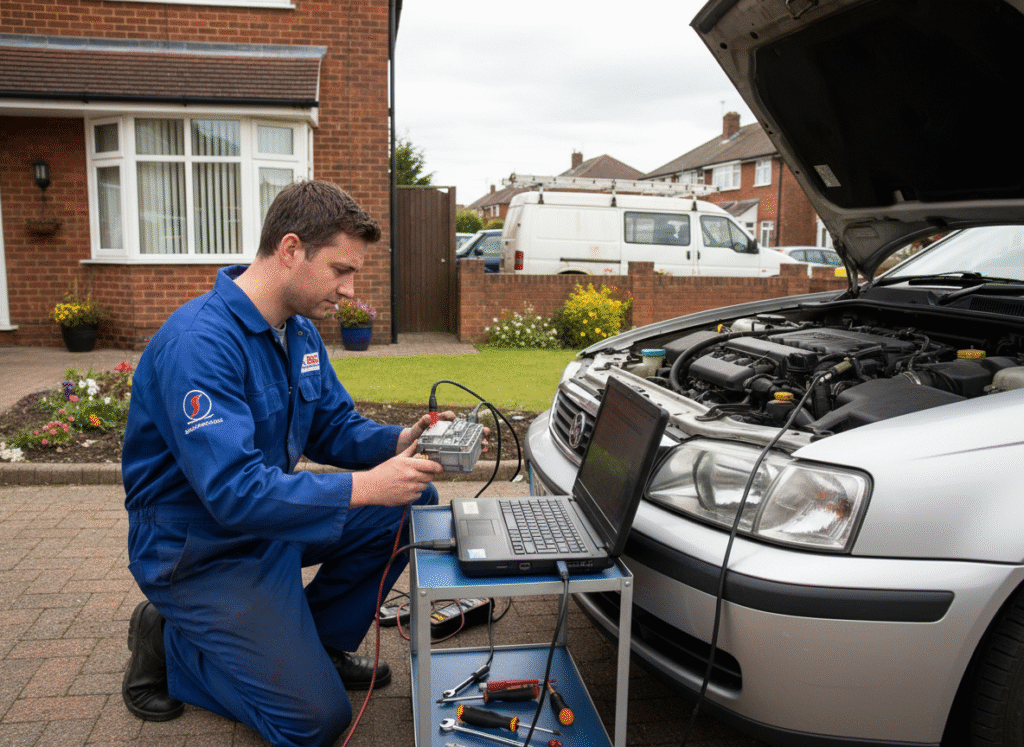Introduction:
5 Effective Strategies to Boost Your Fleet’s Fuel are a significant expense for fleet operators. Improving fuel economy not only reduces these costs but also contributes to environmental sustainability and fleet efficiency. For companies managing multiple vehicles, even small improvements in fuel efficiency can lead to substantial savings. This article from Leicester Remaps outlines five effective strategies that fleet managers can implement today to enhance fuel economy.
1. Embrace Regular Maintenance and Inspection Routines

The Impact of Routine Maintenance on Fuel Efficiency
Regular maintenance is essential for optimal fuel economy. When fleet vehicles are properly maintained, they run smoother, consume fuel more efficiently, and face fewer breakdowns. Regular oil changes, tire rotations, and inspections of key components like the air filter and fuel injectors play a critical role in achieving better mileage.
Key Maintenance Areas for Improved Fuel Economy
- Tire Pressure and Alignment: Under-inflated tires increase rolling resistance, making engines work harder and consume more fuel.
- Air Filters and Fuel Injectors: Clean air filters improve combustion efficiency, while well-maintained fuel injectors ensure a proper fuel-to-air ratio.
- Engine Oil: Regular oil changes reduce friction and wear, helping engines run more smoothly and efficiently.
2. Optimize Driving Habits Across Your Fleet
How Driving Behavior Influences Fuel Consumption
Driver behavior has a direct impact on fuel economy. Aggressive driving habits, such as speeding, rapid acceleration, and harsh braking, can drastically reduce fuel efficiency. Fleet managers can address this by implementing training programs focused on economical driving techniques.
Implementing Telematics for Real-Time Monitoring
With telematics systems, fleet managers can monitor driver behavior in real-time. These systems track acceleration, braking patterns, idling times, and speed, allowing managers to provide feedback and set goals for more fuel-efficient driving.
3. Consider ECU Remapping for Enhanced Efficiency
What is ECU Remapping?
Engine Control Unit (ECU) remapping is a process of optimizing the software controlling the vehicle’s engine. By adjusting parameters like fuel injection and ignition timing, remapping can significantly improve fuel economy without sacrificing performance.
Benefits of ECU Remapping for Fleet Vehicles
- Improved Mileage: ECU remapping allows engines to consume fuel more effectively, resulting in better miles per gallon.
- Enhanced Power and Torque: Remapping also optimizes power output, allowing vehicles to perform better at lower engine speeds, which helps save fuel.
- Lower Carbon Emissions: When vehicles operate more efficiently, they produce fewer emissions, which benefits both the environment and the company’s sustainability goals.
4. Reduce Unnecessary Vehicle Idling
Understanding the Cost of Idling
Excessive idling wastes fuel and is one of the most significant contributors to poor fuel economy in fleet operations. Idling can consume up to half a gallon of fuel per hour, which adds up significantly across a large fleet.
Strategies to Minimize Idling
- Driver Training: Educate drivers about the impact of idling and encourage them to turn off the engine when parked or waiting.
- Automatic Engine Shutdown Systems: Some vehicles come with idle-stop technology, which automatically shuts down the engine after a set period of idling.
- Telematics and Alerts: Fleet managers can use telematics to track idling times and issue alerts to drivers who exceed acceptable idle limits.
5. Utilize Fleet Management Technology for Data-Driven Decisions

The Role of Fleet Management Software in Fuel Economy
Fleet management software provides insights into vehicle performance, driver behavior, and maintenance schedules. With these insights, fleet managers can identify inefficiencies and make data-driven adjustments to enhance fuel economy.
Features to Look for in Fleet Management Technology
- Fuel Usage Tracking: This feature monitors fuel consumption and helps identify patterns or issues in fuel efficiency.
- Route Optimization: Optimized routes reduce distance traveled and idle time, directly contributing to lower fuel costs.
- Predictive Maintenance: Some fleet management systems offer predictive maintenance, alerting managers of potential issues before they result in expensive repairs or fuel inefficiencies.
Conclusion:
Improving fuel economy for your fleet doesn’t require a drastic overhaul; instead, it involves making targeted changes that yield cumulative savings over time. From regular maintenance and driver training to ECU remapping and advanced fleet management tools, each strategy plays a part in reducing fuel costs. Leicester Remaps is dedicated to helping fleet managers make these adjustments through top-notch remapping services, designed to unlock the full potential of each vehicle in your fleet.
















